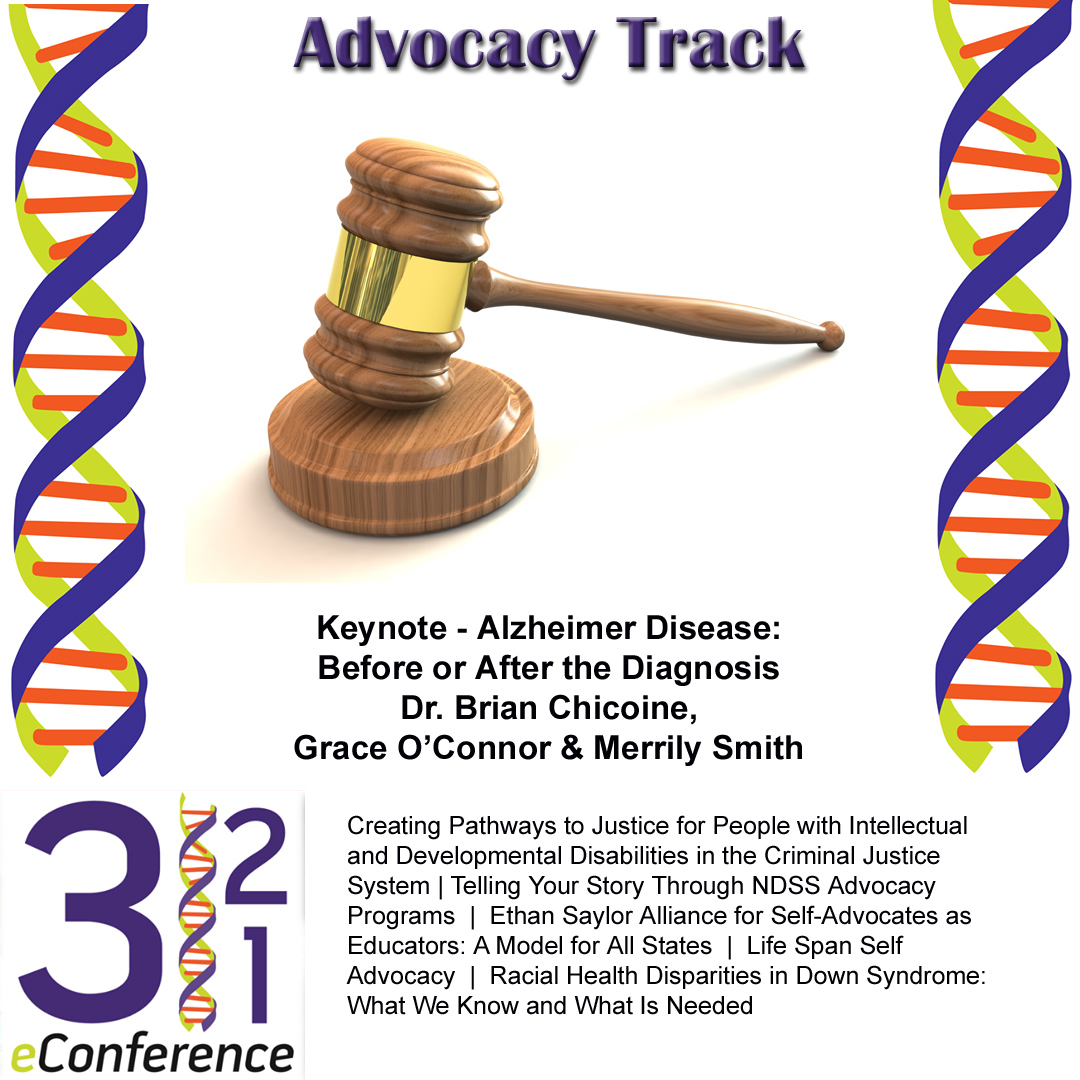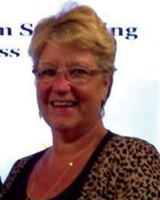When bad things happen to good people, we have two choices. 1) Get angry, condemn the perpetrator and move on. 2) Take a hard look at the systemic problems that allowed the perpetrator to get away with it in the first place and work to create change.
News about a bill currently under review in Washington State came across social media recently.
“Bill should make ‘major difference’ for hundreds of disabled citizens.”
If you just focus on the headline, it sounds like cause for celebration. But if you dig further into the story, you find a case of years of abuse going unchecked: sexual abuse that resulted in pregnancy, neglect, incompetent agency workers, and family members who fail to protect their loved one. For years, the only attention the story was given came in the form of punishment for the offender and a legal settlement that set aside $2.5 million for the victims future care.
Finally, the media got involved and brought the case to the attention of state Sen. Steve O’Ban. That’s how the legislation got started.
What Can We Do
The advocacy that occurred after Ethan Saylor was killed and when a 25-year-old woman with Down syndrome was raped in Colorado is the kind that makes systemic change. It takes hard work and determination. It also takes knowledge – the kind that comes from connecting and collaborating with people who understand the different aspects involved. Change doesn’t occur in a vacuum. We all need to work together to make anything that will stick and protect others in the long term.
It is in this spirit of collaboration that we created the “Advocacy” track at this year’s 321 eConference. The sessions allow families to hear about what is being done, and how they can get involved.
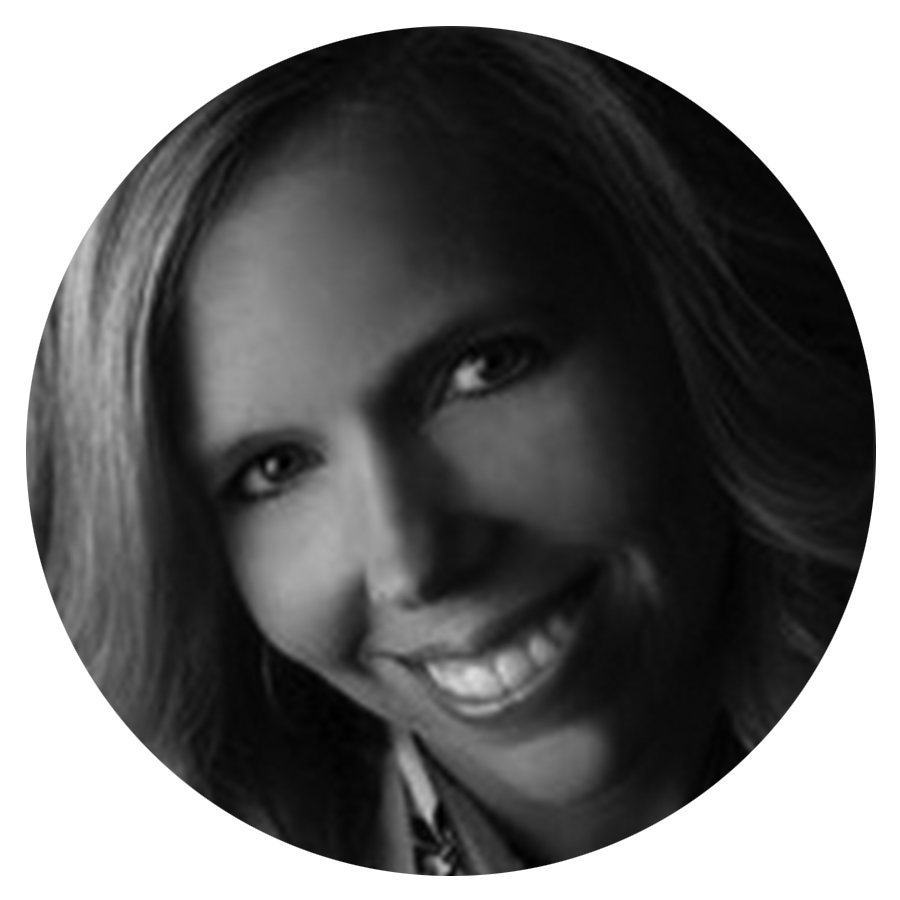 Leigh Ann Davis from the National Center on Criminal Justice and Disability (NCCJD) will talk about Creating Pathways to Justice for People with Intellectual and Developmental Disabilities in the Criminal Justice System
Leigh Ann Davis from the National Center on Criminal Justice and Disability (NCCJD) will talk about Creating Pathways to Justice for People with Intellectual and Developmental Disabilities in the Criminal Justice System
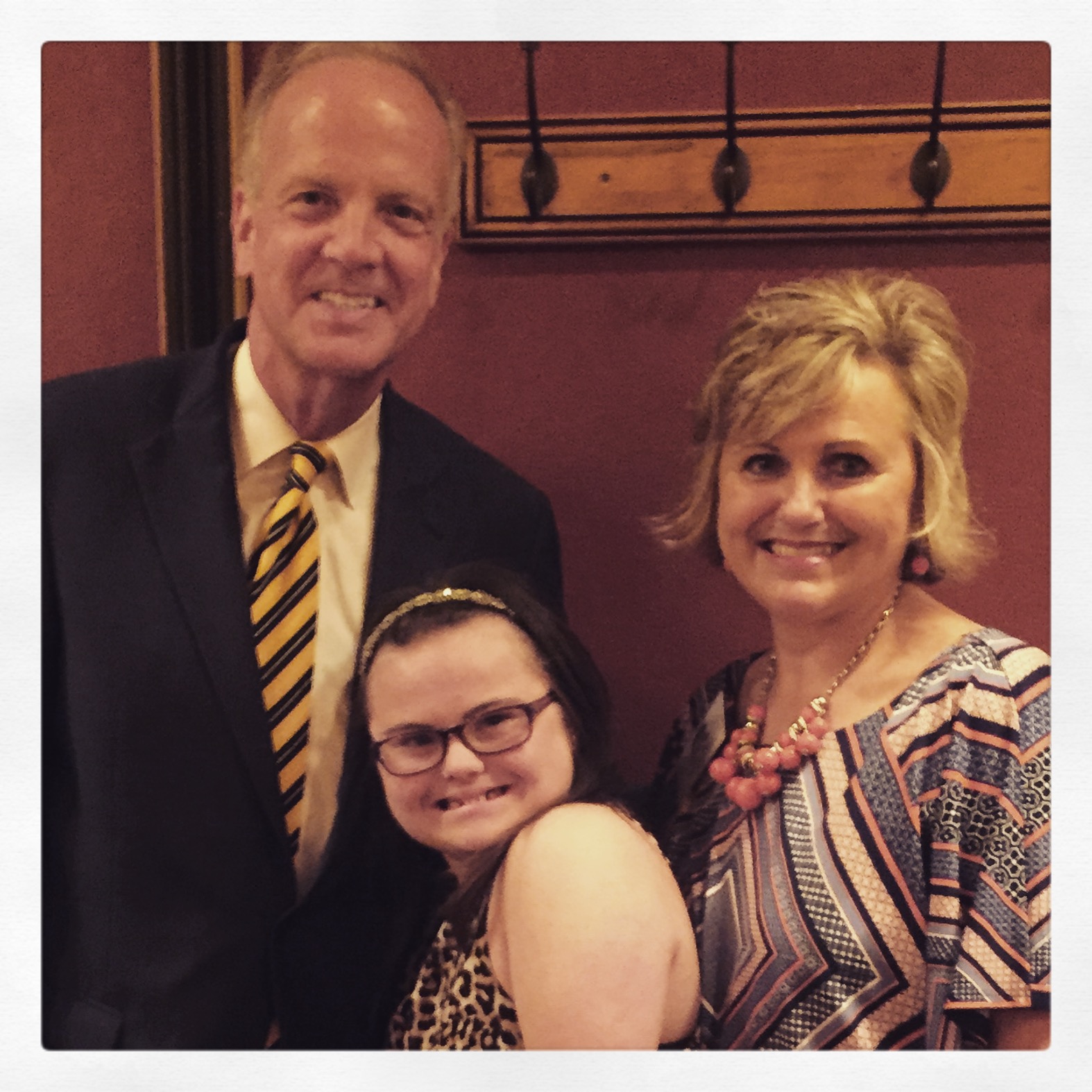
Jawanda Mast, Manager of Grassroots Advocacy at NDSS will tell us about their advocacy programs in her session called “Telling Your Story Through NDSS Advocacy Programs.”
Patti Saylor and Heather Sachs from NDSS will update us on their advocacy around empowering self-advocates to become trainers of police.
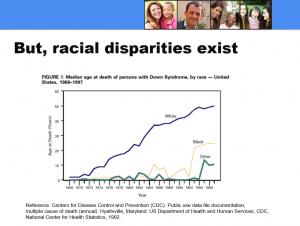
I’m also hosting a session, in conjunction with Dr. Sujata Bardham (NIH), about the racial health disparities in our community and how we can advocate for more research in this area.
 Another great thing about this track? For the $21 registration you also get the session with Dr. Brian Chicoine and patient advocates from the Adult Down Syndrome Center in Illinois about Alzheimer’s disease and Down syndrome.
Another great thing about this track? For the $21 registration you also get the session with Dr. Brian Chicoine and patient advocates from the Adult Down Syndrome Center in Illinois about Alzheimer’s disease and Down syndrome.
If advocacy is something you’re interested in, this group of sessions is for you! We hope that the speakers will inspire more people to join the effort to create a better world for all of us.
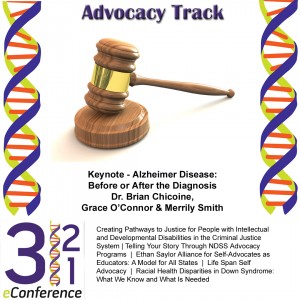
The Road is offering a chance to win a free registration for this track.

